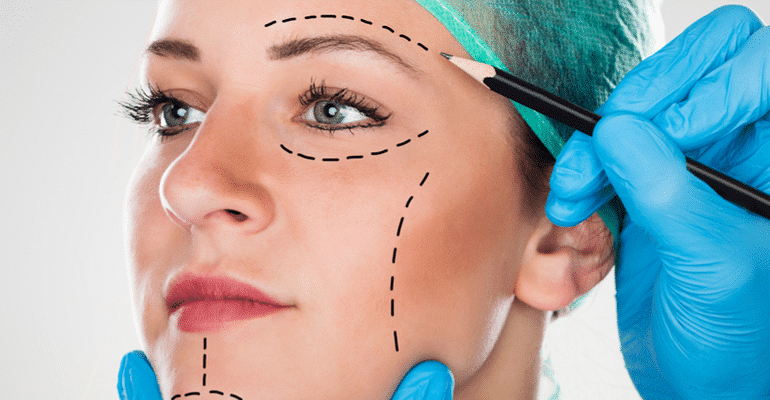Physical appearance is one of the many factors that greatly affect a person’s confidence and self-esteem, making a plastic surgery clinic Melbourne a popular choice for those looking to enhance their look and boost their self-confidence. Imagine some people are laughed at just because their facial skin is thickly folded, their nasal bridge is flat and low, their lips aren’t full, and their eyes have thinner lids. While hearing these irregularities over and over again, people tend to evaluate and examine themselves based on how others perceive their flaws.

They start thinking that something’s wrong with their face. First, they get worried; the next day, they’re ashamed to face the others; and end up getting a general impression of ugliness which makes them wish they had a perfect face. Battling with insecurities may sometimes lead to depression. So, if someone feels that his or her appearance is lacking something, they’d often turn to beauty products, cosmetics, and other adornments to look better. However, some people are still not satisfied so they would take the risk of plastic surgery if given the chance. The top plastic surgeon in miami and other areas will be able to advise people as to which surgery is the best for them and whether they are a good candidate.
Plastic surgery, more than being associated with beautification procedures, is a broad range of physical operations that include reconstructive surgery, craniofacial surgery, burn/wound treatment, and more. It is no surprise that plastic surgery is too expensive and sometimes the result won’t always satisfy the person’s expectation; hence, the decision to undergo surgery should never be made easily. Whoever considers going under the knife must be aware of its risks and rewards to avoid having regrets in the long run.
Psychological Risks
A person who strongly perceives and curses his or her own imperfections may suffer from a mental illness called Body Dysmorphic Disorder (BDD) or Body Dysmorphia. In most cases, people who suffer from this illness have undergone several surgeries because they are constantly unhappy with each previous result. These negative thoughts may lead to emotional distress that can affect a person’s daily functioning.
If you feel negative perceptions and emotions regarding your physical features, better consult a physician or psychiatrist before pursuing the surgery.
Social Risks
Not everyone, even your family and friends, may react positively to the surgical changes. Some may get disappointed, sad, or even angry. Given that plastic surgery is subjective, something that is not always accepted by the cultural norms, your surgical experience can be a topic of gossips among your social circle. So, it’s very important to prepare yourself from other people’s judgments. Although they shouldn’t matter to you at all, negative reactions may still affect your competency and social skills.
Health Risks
Few topics are as polarizing as the escalating issues of surgeries that have gone wrong. Some surgeries may have resulted in scars, disfigurements, and other terrifying risks. These include the following:
- Hemorrhage or Excessive Bleeding
- Infection
- Blood Clots
- Persistent Pain
- Paralysis
- Different reactions to anesthesia (shock, allergic reaction, cardiac arrest, comatose, and death)
Psychological Rewards
It goes without saying that successful plastic surgery increases the patient’s self-esteem, worth, and effectiveness which also help relieve social anxiety. Procedures like a deep plane facelift beverly hills are known to address specific concerns with advanced techniques, allowing patients to achieve natural and rejuvenated results. The patient becomes less conscious of a certain defect that has been a burden for a very long time. When a person feels more comfortable with how he or she looks, the confidence will radiate positivity to all the things he or she does. Some studies have also shown that physical appearance has something to do with professional success such as hiring decisions and promotions as well with receiving favorable treatment by their social circle.
This is why, when considering Plastic Surgery, it’s so important to consult a reliable and experienced clinic. A trusted provider will prioritize both safety and aesthetics, helping guide patients toward results that support not only their physical goals but also their emotional and psychological wellness.
Health Rewards
The advancement in technology has contributed a lot to medical and surgical industries. During the consultation process, expert surgeons are using digital medical imaging software to help show the patients what they can expect from the surgery. The software serves as a communication tool between a surgeon and the patient to deal with the restoration and reconstruction of a perceived defect. This is intended to reduce the cases of unsatisfactory results among patients.

